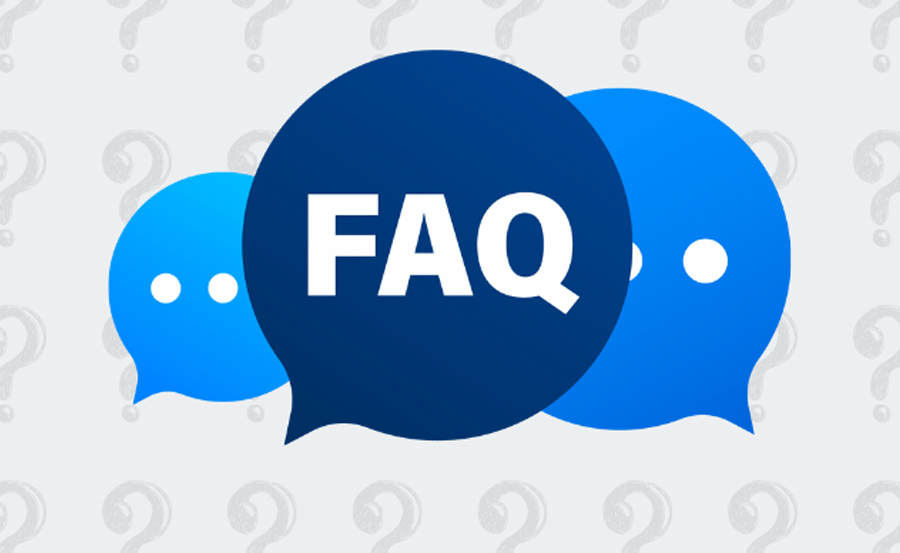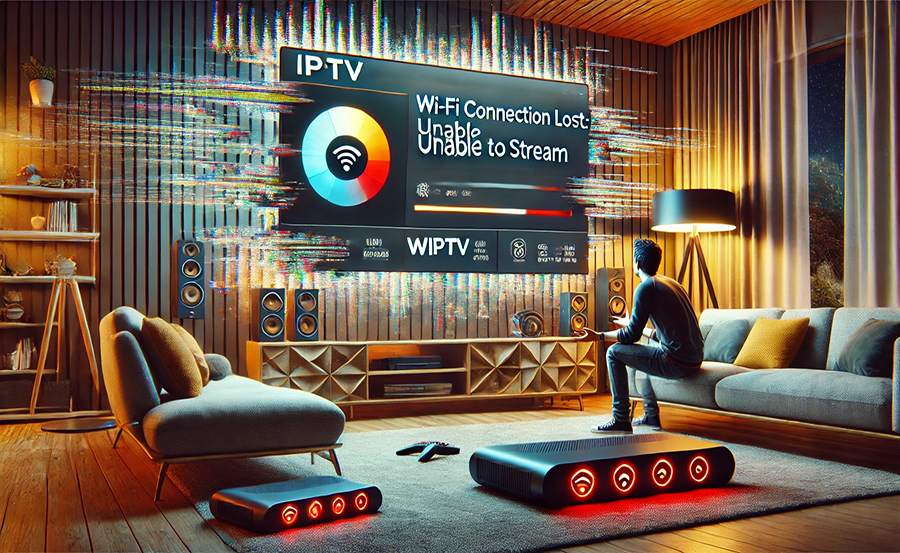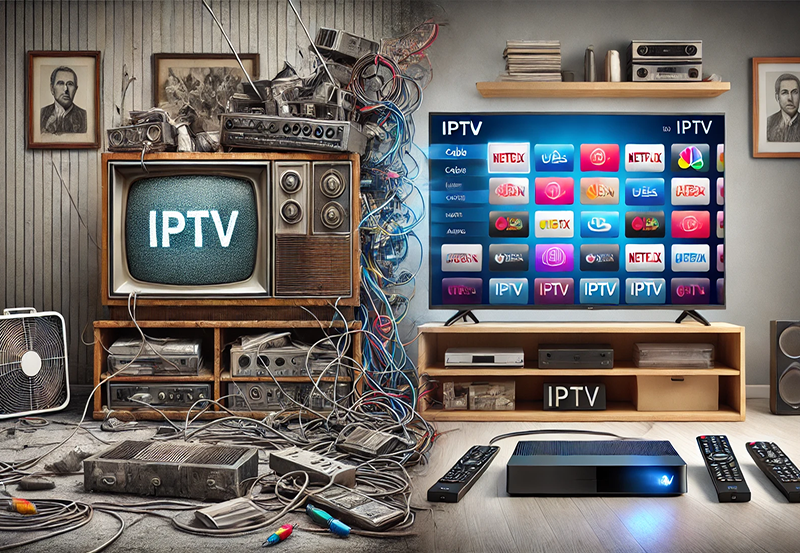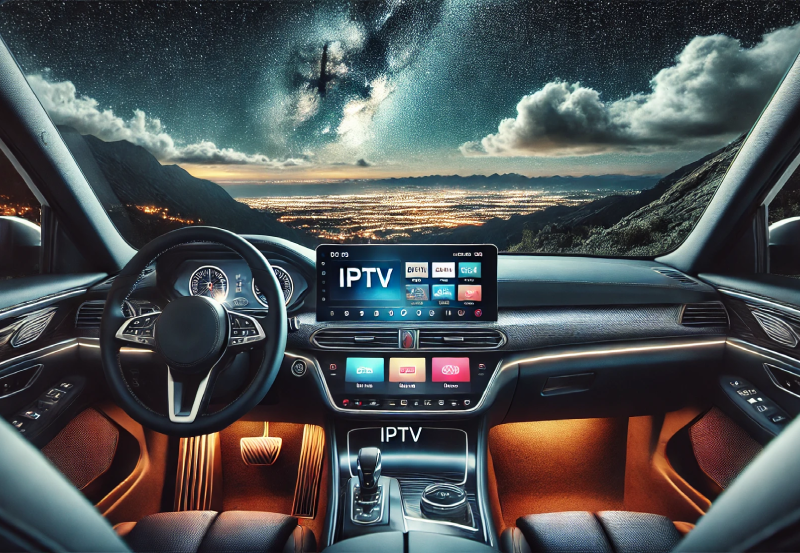Internet Protocol Television (IPTV) has revolutionized how we consume content. With the extensive availability of channels and personalization options, it’s no wonder more people are ditching traditional cable. However, one major roadblock in maximizing your IPTV experience is the annoying issue of buffering. There’s nothing more frustrating than a buffering symbol interrupting your favorite program or live event. So, why exactly does IPTV buffer, especially on Wi-Fi? In this comprehensive guide, we’ll explore the root causes behind this issue and provide actionable solutions to help you enjoy uninterrupted viewing.
What is IPTV and How Does It Work?
Before diving into the specifics of buffering, it’s essential to understand what IPTV is and how it operates. IPTV, or Internet Protocol Television, is a service that delivers television content over the internet. Unlike traditional broadcasting methods, IPTV uses packet-switched networks, which means content is delivered through a series of packets over the internet.
The Essentials of IPTV Technology
IPTV relies on a broadband internet connection. The service typically involves streaming media sources stored on a server, which are made available via an IPTV service provider. This is significantly different from the broadcast TV model where content is pushed directly to a satellite or cable TV set-top box.
Advantages Over Traditional TV
IPTV offers numerous advantages over conventional TV services. Users experience not only a greater range of channels but also the flexibility of watching on-demand content whenever they choose. Additionally, IPTV services can be accessed on multiple devices such as smartphones, tablets, and smart TVs, giving users more freedom in choosing where they watch their favorite shows.
- Flexible viewing options
- Wide variety of channels
- Access to on-demand content
Common Causes of IPTV Buffering on Wi-Fi
Wi-Fi Signal Interference
One of the most common causes of IPTV buffering is weak or interrupted Wi-Fi signals. Various factors can reduce Wi-Fi performance, such as physical barriers (walls, furniture), distance from the router, or even electronic interference from other devices like microwaves and cordless phones.
Internet Bandwidth Constraints
Another critical element that could lead to buffering is insufficient internet bandwidth. IPTVs are data-intensive, requiring a certain amount of bandwidth to stream content smoothly. If several devices are connected to the same network and actively consuming bandwidth, your IPTV may struggle to maintain a steady stream.
- Multiple devices consuming bandwidth
- Limited internet speed from ISP
- Non-optimized router settings
Service Provider Limitations
Sometimes, your IPTV service provider might be the reason behind buffering. Providers offering lower quality streams might not have the capacity to handle large requests simultaneously. As a result, users experience delays, often during peak hours when traffic is high.
Always opt for a reliable service. Consider using terms like “best IPTV service” when searching for a new provider. Look for reviews, user feedback, and industry certifications to find a trustworthy service.
Steps to Reduce IPTV Buffering
Optimizing Wi-Fi Connection
For a smoother IPTV experience, ensure your Wi-Fi setup is optimized. Here are a few practical steps:
- Position the router centrally in your house to cover all areas adequately.
- Upgrade to a dual-band router to separate high-demand devices from less important ones.
- Use a Wi-Fi extender to bridge areas with weak signals.
Enhancing Internet Speed
Slow internet is a quick recipe for recurring buffering issues. Consider upgrading your internet package to one that provides faster speeds. Monitor your bandwidth usage and disconnect unnecessary devices, especially when you’re watching IPTV.
Choosing the Right IPTV Provider
A reliable provider can make all the difference. When selecting a provider, check for those who offer high-definition streams and have a strong track record. Utilizing M3U playlists for IPTV can provide a streamlined list of channels, enhancing the accessibility and organization of your content.
Tools and Techniques to Improve Streaming
Using Wired Connections
Whenever possible, connect your streaming device directly to your router via an Ethernet cable. This eliminates the variability of Wi-Fi signals, providing a stable connection with consistent speeds.
Employing Quality of Service (QoS) Settings
Quality of Service settings on your router can prioritize IPTV traffic over other types of data. This ensures that your video streams remain unaffected, even when the network is busy.
-
Buy 1 Year IPTV Subscription and Enjoy Unlimited Content
Configuring High Priority
Most modern routers come with QoS features. Access your router settings and set your streaming devices as high priority. By doing this, you help prevent other applications from stealing the bandwidth needed for solving the buffering issues.
When to Seek Professional Help
Persistent Buffering Despite Optimization
If you’ve taken all necessary steps to optimize your network and still experience frequent buffering, it might be time to get a network expert to assess your setup. They can provide specialized insights and recommend solutions tailored to your environment.
Hardware Limitations
Sometimes, outdated or faulty hardware may be at fault. Professionals can test and replace hardware components that are not delivering optimal performance. This might include upgrading the router, or in some cases, switching to a different IPTV box.
Final Thoughts: Elevating Your IPTV Experience
Buffering issues can be a significant annoyance; however, they are not unbeatable. By understanding the root causes and implementing strategic solutions, you can considerably enhance your IPTV enjoyment. Always keep abreast of advancements in technology, as new tools and settings may offer additional methods for maximizing your IPTV experience.
Frequently Asked Questions

Why does my IPTV buffer but other streams don’t?
Your IPTV might buffer due to the specific requirements of streaming directly, which could differ from cached or pre-buffered streams like on popular video platforms.
How can I ensure I have the best IPTV service?
Research thoroughly by checking testimonials and reviews. Quality service providers will have a strong reputation, offer trial services, and maintain consistent updates to their channel list.
What are M3U playlists for IPTV?
M3U playlists are files containing a list of IPTV channels. They simplify the organization and access of streaming content, resulting in a more streamlined user interface.
Should I use Wi-Fi extenders for better IPTV streaming?
Wi-Fi extenders can be very useful to boost signal strength in areas with poor Wi-Fi coverage. However, a direct Ethernet connection is the best solution for eliminating buffering.
Will upgrading to a higher internet speed eliminate buffering?
While higher speeds improve the likelihood of a smoother streaming experience, network congestion or hardware issues can still affect IPTV performance. Fast speeds are a good start, but not the sole solution.
Top 10 UK IPTV Providers in 2024: Ultimate Guide for Streaming




